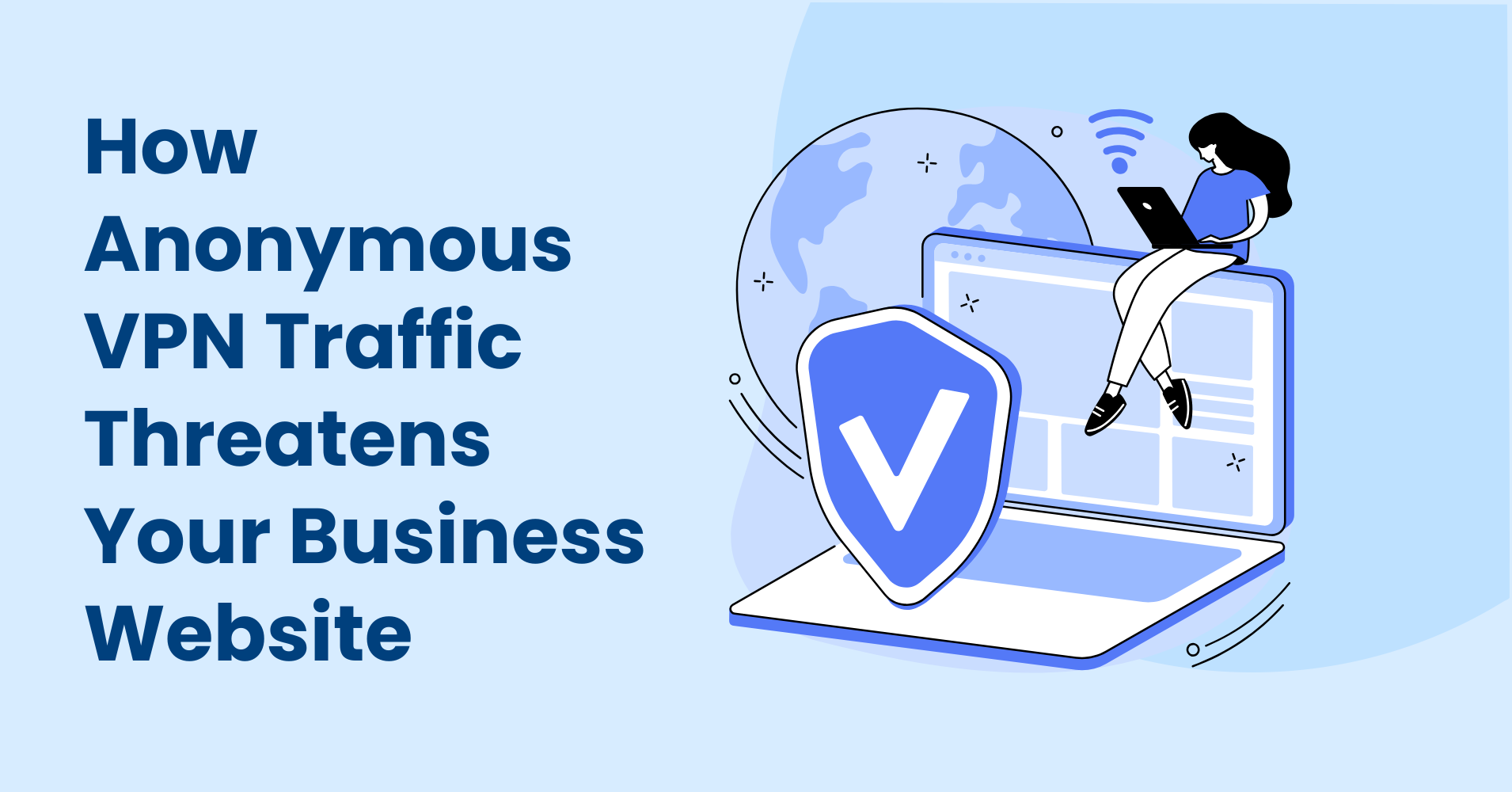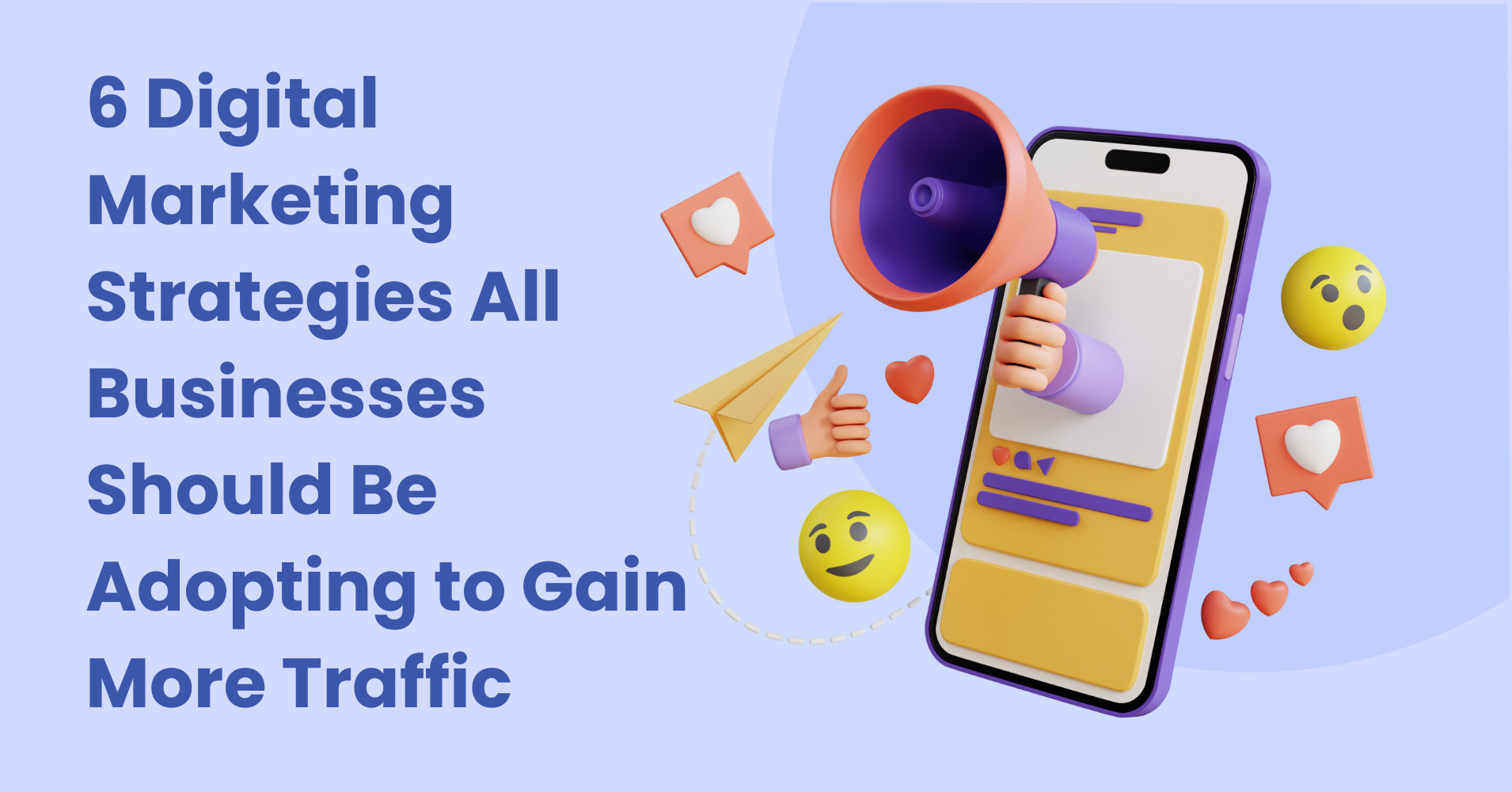Every modern business knows its website is the heart of its digital presence. But what if the “traffic” filling your analytics reports, contact forms, and even checkout pages isn’t real? Increasingly, companies are finding that anonymous VPN and proxy traffic is not only wasting resources — it’s putting reputations and revenue at risk.
The Hidden Side of VPNs
VPNs (Virtual Private Networks) have become mainstream. Millions of consumers use them daily for privacy, streaming, or remote work. For businesses, however, there’s a darker side. The same technology that protects individuals can be exploited by bad actors — spammers, hackers, and bots — to mask identities and bypass traditional defenses.
When this traffic floods a business website, the damage goes far beyond irritation. It undermines the very foundations of digital marketing and customer trust.
3 Ways Anonymous Traffic Damages Business Websites
1. Distorted Marketing Data
Businesses invest heavily in SEO, advertising, and conversion optimisation. Decisions depend on accurate analytics. VPN-based traffic inflates visits, skews bounce rates, and warps geographic reports. The result? Marketing teams make strategic choices on misleading numbers, often spending budget in the wrong places.
2. Fake Leads and Wasted Sales Effort
For service businesses, form submissions and email sign-ups are lifeblood. But VPN users — often bots — submit junk data en masse. Sales teams waste time chasing non-existent leads. CRMs get clogged with fake entries. Morale suffers when “promising leads” turn out to be empty shells.
3. Increased Security Threats
VPN traffic makes it easier for attackers to launch brute-force login attempts, carding attacks, or comment spam campaigns without detection. Each attempt may seem minor, but together they increase the risk of compromise — and with it, reputational damage.
Why Traditional Defenses Aren’t Enough
Most businesses rely on firewalls, spam filters, and CAPTCHA systems. While these catch some abuse, they don’t address the root problem: anonymous access itself.
- Firewalls: Can be bypassed by constantly rotating VPN IP addresses.
- CAPTCHAs: Frustrate real customers and are often solved by automated scripts.
- Manual Moderation: A time sink for marketing and support teams.
The gap in most setups? The ability to identify and block anonymous users before they interact with your business.
A Smarter Approach: Proactive VPN Blocking
Instead of chasing bots after they flood your systems, proactive blocking prevents them from getting through in the first place. On WordPress websites, this can be achieved with specialist plugins that detect VPN and proxy usage.
One example is the VPN Guard plugin, which integrates directly with WordPress to block suspicious anonymous traffic before it touches your forms, login pages, or comment sections. This keeps analytics cleaner, reduces fake submissions, and strengthens security with minimal manual oversight.
Balancing Security and Customer Experience
Of course, not every VPN user is malicious. Some customers genuinely use VPNs for privacy or corporate access. The key is implementing solutions with flexibility:
- Whitelist trusted IP addresses for employees or partners.
- Allow specific regions where VPN use is common.
- Combine VPN blocking with other measures like rate limiting and spam filters.
This balanced approach protects your business while maintaining accessibility for real customers.
The Business Case for Stronger Website Protection
Too often, website security is framed only in technical terms. In reality, it’s a business investment with tangible ROI:
- Cleaner data: Accurate analytics lead to better marketing decisions.
- Operational efficiency: Sales and support teams spend less time on junk leads.
- Customer trust: A secure, spam-free experience builds credibility.
- Reduced risk: Fewer attack vectors mean lower chances of a costly breach.
Action Plan for Businesses
If your business website is being hit with suspicious traffic, here are steps you can take immediately:
- Audit analytics for unusual traffic patterns or geographic anomalies.
- Review CRM data for evidence of fake or duplicate leads.
- Enable login attempt monitoring and alerts.
- Deploy VPN/proxy blocking on your website (e.g. via VPN Guard for WordPress).
- Train marketing and support teams to recognise and flag suspicious interactions.
Looking Ahead: Security as a Growth Enabler
In today’s digital-first economy, a website isn’t just a storefront — it’s a growth engine. Protecting it from anonymous abuse isn’t a defensive move; it’s a proactive strategy that supports reliable marketing, efficient sales, and stronger customer relationships.
By closing the gap on VPN abuse now, businesses free themselves to grow with confidence, knowing their data and reputation rest on a solid foundation.
Conclusion
VPNs have their place in protecting privacy, but for businesses, anonymous traffic often carries hidden costs. From fake leads to skewed analytics, the damage is real — and preventable. By taking proactive steps, including blocking suspicious VPN traffic, you can protect your website, your team, and your customers.
In the end, stronger website security isn’t just about defence. It’s about giving your business the clarity and trust it needs to thrive online.







